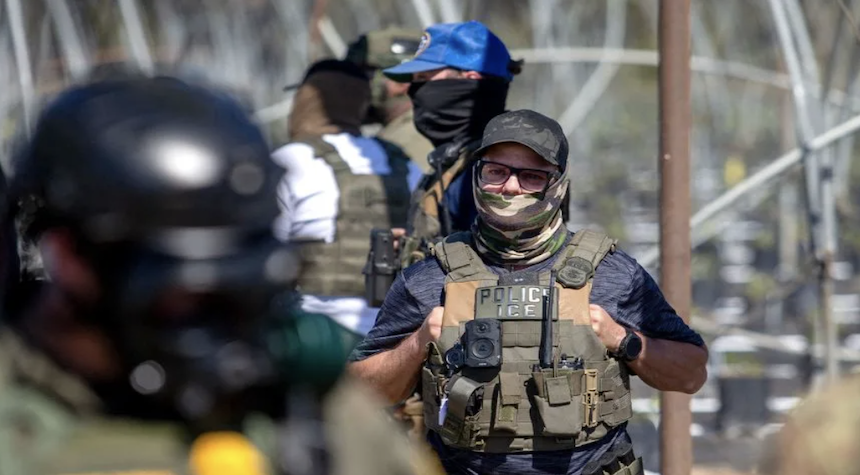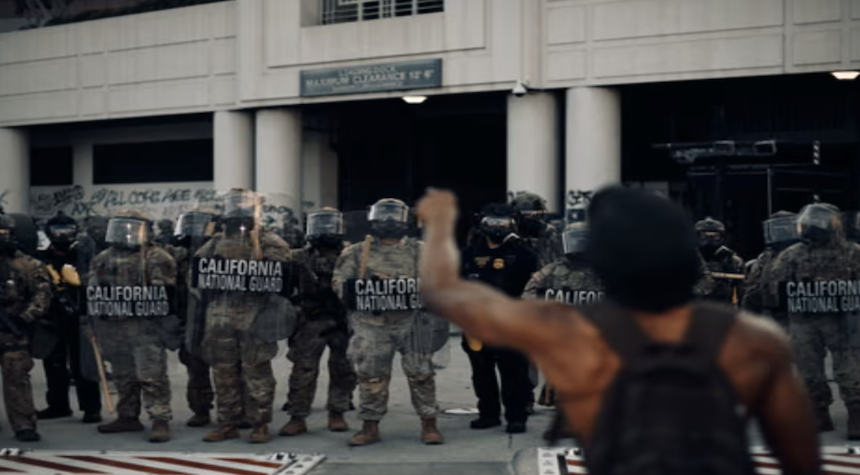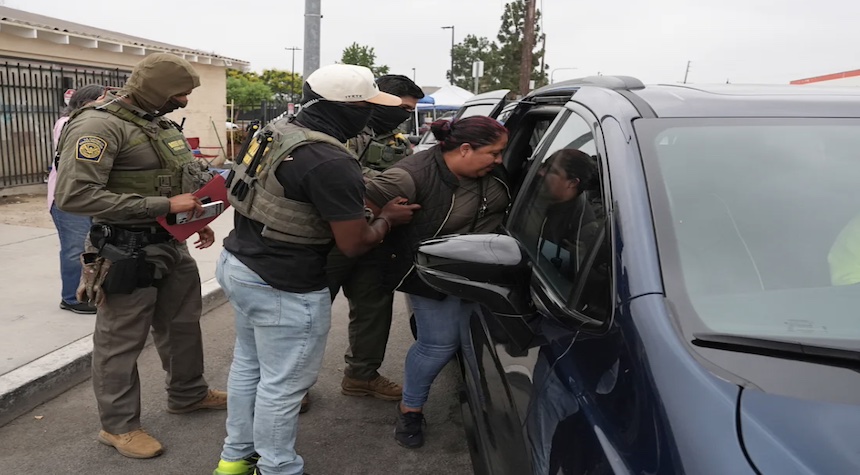The U.S. Supreme Court on Monday allowed federal immigration enforcement actions in Southern California to continue while legal challenges move forward, granting the Justice Department’s request to temporarily lift a lower court order limiting how agents carry out deportations.
The Supreme Court’s decision lets federal agents proceed with targeted operations that had been temporarily blocked by a ruling from Los Angeles-based U.S. District Judge Maame Frimpong. The judge had barred agents from detaining individuals without “reasonable suspicion” that they were in the country illegally, particularly based on race, ethnicity, or language, including speaking Spanish or English with an accent. The order applied to her court’s jurisdiction, covering much of Southern California. Three of the court’s liberal justices dissented.
The Justice Department argued in filings that officers in regions with high numbers of undocumented residents may rely on “reasonably broad profiles” as part of enforcement operations. According to the administration, approximately 10% of residents in the area are undocumented.

Judge Frimpong issued the order in July after a lawsuit was filed by a group of Latino residents, including U.S. citizens, who alleged that immigration enforcement agents had engaged in a pattern of stops and detentions resembling “roving” patrols, conducted by masked and armed federal officers, sometimes based on racial profiling. Plaintiffs said that agents used displays of force and questioned individuals about their birthplace, work, or presence in certain locations.
The lawsuit argued that such practices violated the Fourth Amendment’s protections against unreasonable searches and seizures. Frimpong’s order specifically barred federal agents from using factors such as race, ethnicity, language, location, or type of work alone to justify stops or arrests, noting that these factors cannot establish “reasonable suspicion” on their own.
The Supreme Court’s intervention comes as part of a broader pattern in which lower court rulings have temporarily blocked some of the Trump administration’s immigration policies. The court, which has a 6-3 conservative majority, has generally supported the administration in similar cases, including measures related to deportations, revoking temporary legal status for migrants, and other enforcement actions.

The Trump administration, which returned to office last year, has made reducing undocumented immigration a priority, setting goals for large-scale deportations. Immigration raids, including in Los Angeles, have drawn protests, unrest in immigrant communities, and lawsuits challenging enforcement tactics.
Also Check Out: Alleged Trump Assassin Faces Justice as Trial Opens Monday
In May, Stephen Miller, a senior adviser and architect of Trump’s immigration policies, called for ramped-up deportations, setting a target of 3,000 daily arrests. In June, federal authorities deployed National Guard troops and U.S. Marines in Los Angeles to support enforcement efforts and civilian police amid demonstrations. California officials, including Gov. Gavin Newsom, opposed the deployment, calling it unnecessary and potentially inflammatory.
The administration has defended its enforcement approach, saying agents may consider factors such as language or occupation as part of broader investigative efforts, but that no single factor automatically justifies detention.


